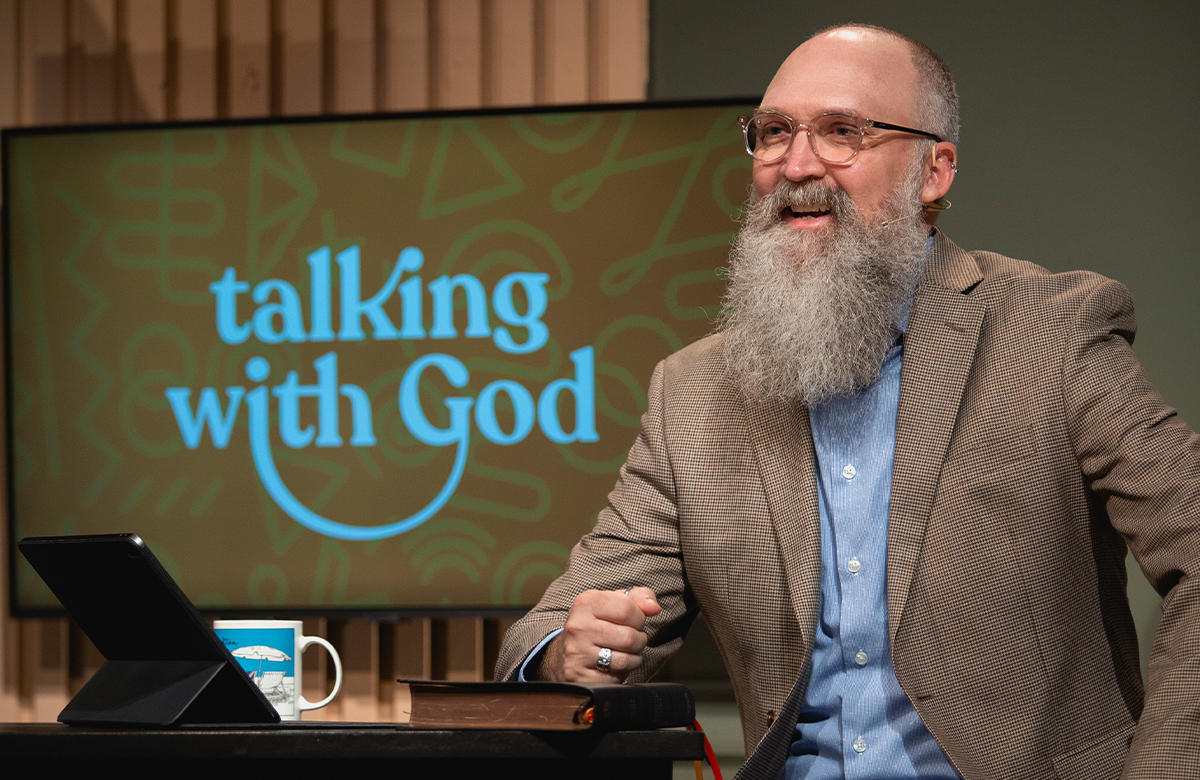
Minor Prophets
Minor Prophets
Hosea, Joel, Amos, Obadiah, Jonah, Micah, Nahum, Habakkuk, Zephaniah, Haggai, Zechariah, Malachi
How does this type of literature fit into the Bible as a whole?
The books that makes up the Minor Prophets are called “minor” simply because they tend to be shorter and comprised of more specific content. For instance, some prophets explicitly interacted with the southern kingdom of Judah while others prophesied to the northern kingdom of Israel. Moreover, some prophets (e.g. Hosea, Jonah, and Amos) fulfilled their office before exile while others (e.g. Haggai, Zechariah, and Malachi) came afterward.
All prophecy warns of judgment, calls out sin, calls for repentance, and promises future deliverance for God’s people. Hosea, for instance, was directed to marry a promiscuous woman in order to demonstrate God’s faithful love for His continually unfaithful people. Joel speaks of judgement and restoration. In Amos, we find God calling out the social injustices of Israel and later in Zephaniah pronouncing a day of judgment. Despite these negative messages, Malachi brings good news that God will fulfill His promises and spare those who honor Him through a coming prophet (4:5). Accordingly, it should be understood that the Old Testament prophets represent the era leading up to Jesus and foretell His coming.
How do we read the Minor Prophets normally?
First off, it is worth noting that prophecy is sometimes unpopular because of its unusual language and seemingly constant warnings. Yet, prophecy should not be avoided because it is, like all scripture, “God-breathed and useful for teaching, rebuking, correcting and training in righteousness” (2 Timothy 3:16). That said, it is helpful to keep in mind that prophecy is complex; comprised of literal historical and future elements, profound visions, and symbolic language. The genre addresses real events and utilizes graphic imagery, picturesque language, and symbolic acts to make powerful statements about divine judgement and deliverance.
As you read prophecy, ask questions like:
- How might the events described in text match up with actual historical events in world history?
- How does symbolism, warnings, and promises work with other biblical themes and point to future judgement, events, and salvation?
How does this part of the Bible point to Jesus?
As noted previously, prophecy points explicitly to Jesus and the case of Hosea illustrates this point beautifully. Each of the prophet’s three children were given shameful names respectively meaning “unloved,” “God-scatters,” and “not my people” in Hebrew. Jesus’ faithfulness to the Father, dealt with the wrath caused by unfaithful people who, because of Christ, would later be loved, gathered from every nation and tribe (Revelation 7:9), and would truly become God’s people (1 Peter 2:10). In sharp contrast to the people of Amos’ day, Jesus lived with compassion and justice and cast a vision for what His new community should look like in His famous Sermon on the Mount (Matthew 5-7). In Zephaniah, we see that Jesus will be the one coming to judge the world. As the future King to whom all nations would bow and a High Priest who sacrificed Himself to secure eternal relationship between God and His people, Jesus fulfilled what Zechariah foretold.
How do the Minor Prophets fit into our lives today?
It’s not everyday that we open up a book and encounter an author boldly announcing judgment, let alone multiple books by multiple authors announcing judgment. Well, welcome to the Minor Prophet blitz. These accounts aren’t charts or predictions. Rather they serve their readers, and us, by reminding us that God’s desire isn’t for evil. God’s desire is to see His people live lives of integrity – lives that reflect the God they claim to profess back to the world around them. Moreso, God’s desire for justice is such that the prophets consider these accounts to be matters of life and death. Although these accounts are certainly not written to us, they are no doubt wisdom for us. They simply do not allow us to turn a blind eye to evil in the world because, as with Israel, we are not merely complicit in evil, we partake and contribute to the very evil God is intent on judging.
This is intense and you may be thinking, “So, if the Minor Prophets – along with the whole Old Testament – make it clear that God will not let evil stand, and you’re telling me I am a part of that evil, doesn’t that mean that God’s judgment will fall on me as well!?” Yes and no. You see, the story does not end here. In the New Testament, the hope described in the Minor Prophets – the hope for ultimate restoration – is born into human history. That hope is Jesus of Nazareth. God, in His grace, makes a way to cover over all our sin through Jesus on the cross. Jesus is the judged and the judge, and in Him evil does not stand. Instead we are invited to stand with Him by grace and in faith.

























